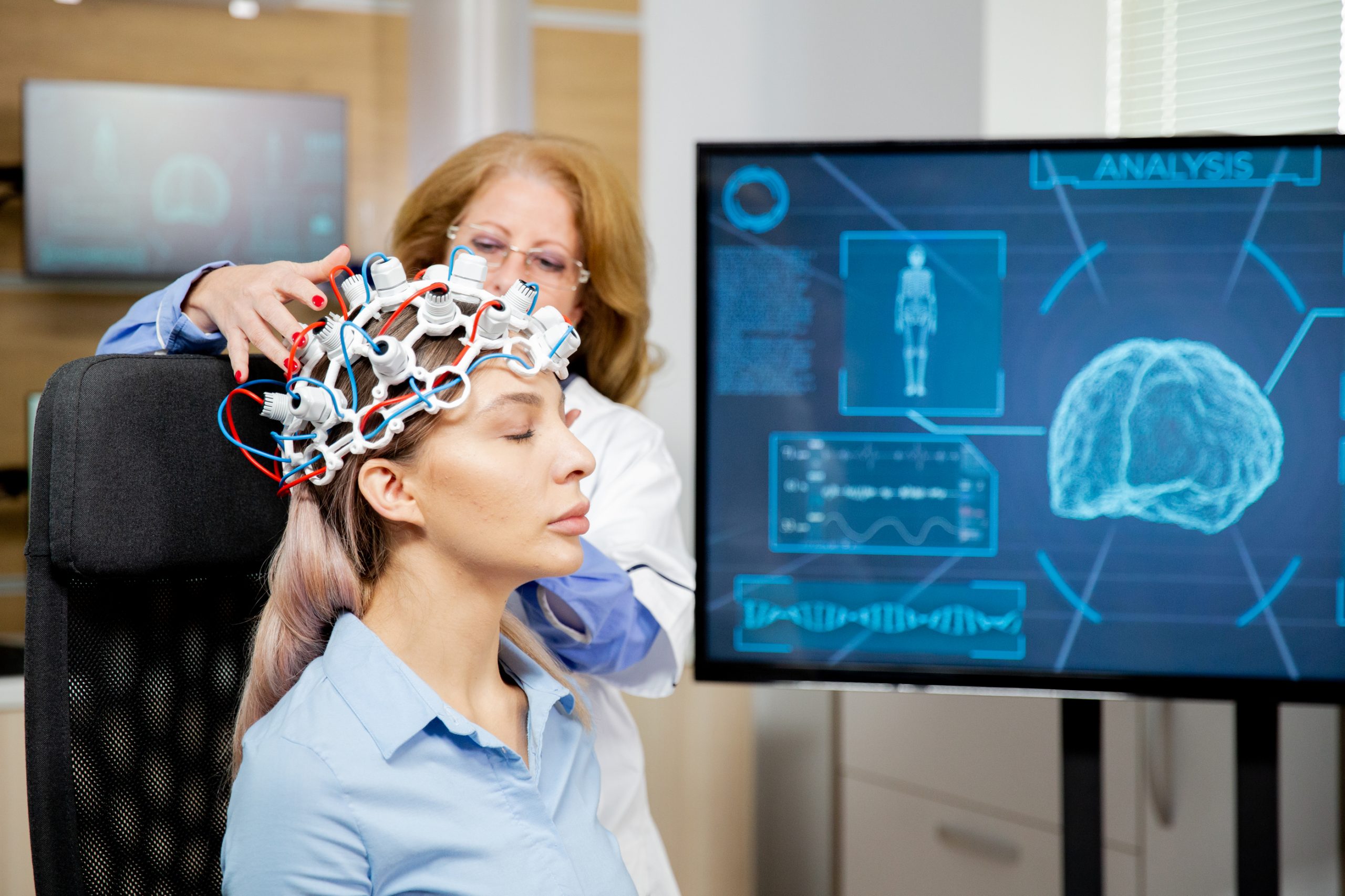

At Western University, two innovative graduate students, Matthew Kolisnyk and Karnig Kazazian, have pioneered a revolutionary approach to foreseeing the survival of intensive care unit (ICU) patients with severe brain injury. Their method combines functional magnetic resonance imaging (fMRI) with cutting-edge machine learning techniques, addressing a formidable challenge in critical care.
Serious brain injuries, whether from stroke, cardiac arrest, or trauma, can profoundly alter lives. Families of ICU patients grapple with uncertainty: Will their loved one regain health and awareness? Will they return to their former selves? Healthcare providers, too, face the challenge of predicting recovery.
Notably, these graduate students are pursuing their PhDs at the Schulich School of Medicine & Dentistry under the guidance of acclaimed neuroscientist Adrian Owen.
“For years we’ve lacked the tools and techniques to know who is going to survive a serious brain injury,” said Owen.
A diverse group of Western researchers joined forces with neurologists from London Health Sciences Centre and Lawson Health Research Institute to address this challenge. Guided by Loretta Norton, a psychology professor at King’s University College at Western and a pioneer in ICU brain activity measurement, the team embarked on a unique mission.
Their study involved analyzing brain activity in 25 patients within the initial days following a severe brain injury at one of London’s two ICUs. Their goal was to determine if this data could serve as a reliable predictor of patient survival outcomes.
“We previously found that information about the potential for recovery in these patients was captured in the way different brain regions communicate with each other,” said Norton. “Intact communication between brain regions is an important factor for regaining consciousness.”
The pivotal moment came when the team recognized the potential of merging this imaging method with machine learning, a facet of artificial intelligence. This innovation enabled them to forecast patient recovery with an impressive 80% accuracy, surpassing the existing standard of care.
“Modern artificial intelligence has shown incredible predictive capabilities. Combining this with our existing imaging techniques was enough to better predict who will recover from their injuries,” said Kolisnyk.
Although promising, the researchers acknowledge that their predictions were not flawless and require additional research and thorough testing.
“Given that these models learn best when they have lots of data, we hope our findings will lead to further collaborations with ICUs across Canada,” said Kazazian.
The study was published in Journal of Neurology.
more recommended stories
 Phage Therapy Study Reveals RNA-Based Infection Control
Phage Therapy Study Reveals RNA-Based Infection ControlKey Takeaways (Quick Summary) Researchers uncovered.
 Safer Allogeneic Stem Cell Transplants with Treg Therapy
Safer Allogeneic Stem Cell Transplants with Treg TherapyA new preclinical study from the.
 AI in Emergency Medicine and Clinician Decision Accuracy
AI in Emergency Medicine and Clinician Decision AccuracyEmergency teams rely on rapid, accurate.
 Innovative AI Boosts Epilepsy Seizure Prediction by 44%
Innovative AI Boosts Epilepsy Seizure Prediction by 44%Transforming Seizure Prediction in Epilepsy Seizure.
 Hypnosis Boosts NIV Tolerance in Respiratory Failure
Hypnosis Boosts NIV Tolerance in Respiratory FailureA New Approach: Hypnosis Improves NIV.
 Bee-Sting Microneedle Patch for Painless Drug Delivery
Bee-Sting Microneedle Patch for Painless Drug DeliveryMicroneedle Patch: A Pain-Free Alternative for.
 AI Reshapes Anticoagulation in Atrial Fibrillation Care
AI Reshapes Anticoagulation in Atrial Fibrillation CareUnderstanding the Challenge of Atrial Fibrillation.
 Hemoglobin as Brain Antioxidant in Neurodegenerative Disease
Hemoglobin as Brain Antioxidant in Neurodegenerative DiseaseUncovering the Brain’s Own Defense Against.
 Global Data Resource for Progressive MS Research (Multiple Sclerosis)
Global Data Resource for Progressive MS Research (Multiple Sclerosis)The International Progressive MS Alliance has.
 AI Diabetes Risk Detection: Early T2D Prediction
AI Diabetes Risk Detection: Early T2D PredictionA new frontier in early diabetes.

Leave a Comment